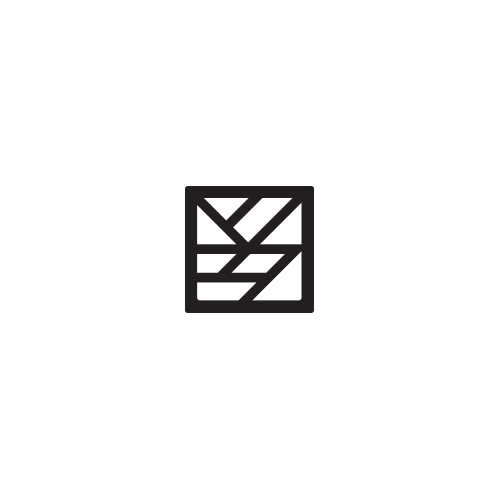Manonik is a studio amalgamating art, couture, and critical design. Guided by Mother Nature, Manonik uses textiles and clothing as its primary medium to handcraft humanistic propositions. These propositions are meant to bring healing to our alienated and fragmented society and to explore paths to a better future.
At Manonik, every garment – handcrafted for life – is an artistic expression and a humble exploration toward a better future. Yoshiyuki pours an inordinate amount of time and labor, handcrafting and altering each cloth to single-handedly breathe life into each garment. These jewels of labor represent an alternative perspective on the economics that currently dominate the industry and our economic system. Each creation is meant to embrace the following ideas and qualities:
• Localization/Glocalization
• Sustainability
• Fairness/Ethicality
• Health
• Limitation
• Irreplicability/Spontaneity
• Automatism/freeing of the mind
• Deconstruction and rejection of social constructs
Manonik proposes an alternative approach to clothing by exploring what it means to be human in an age of blind technological advancement, profit maximization, and digitalization, all of which are inventions of blind capitalism. Its intention is not to provide a definite solution to the problems we face today, but rather to expose the process of its explorations as the work in and of itself. All creations are meant to be genderless, sustainable, and comfortable; they are imbued with a sense of freedom and beauty beyond the norm that is truly human.
STUDIO
At the studio, process conceives all creations.
The studio is recognized for developing a weaving technique, three-dimensional weaving, where components of a garment are arduously hand-woven on the loom as volumes (three-dimensional objects), rather than cutting patterns out of a flat cloth. Humanism and spontaneity are the fundamental modes that permeate Manonik’s processes. These modes manifest themselves aesthetically as imperfections in the weave, inconsistencies in structure and color, and organic, free-formed shapes. When a garment is constructed from a traditional, single layer of cloth, the technique of zero-waste patterning is employed in order to use the cloth in its entirety. The processes employed at Manonik reflect the studio’s commitment to critical design and sustainability, taking into account all possible steps of creation from farming, to processing of raw materials, all the way through production, to the life of its creations.
The studio is currently housed in Mana Contemporary in Jersey City, a museum that is committed to decentralizing art.
Singer 31-15, a monolithic iron head, manufactured in 1912.
Four-harness loom with two back beams to allow segmented weaves.






